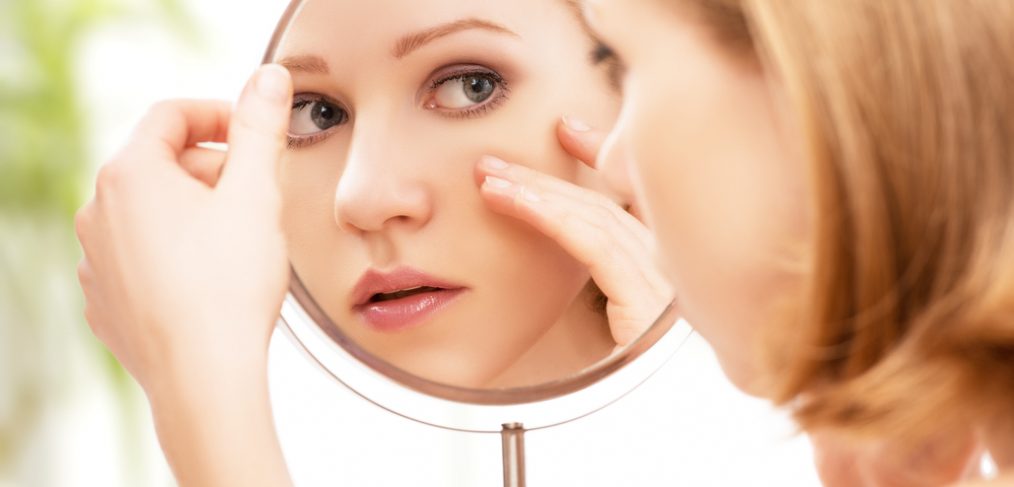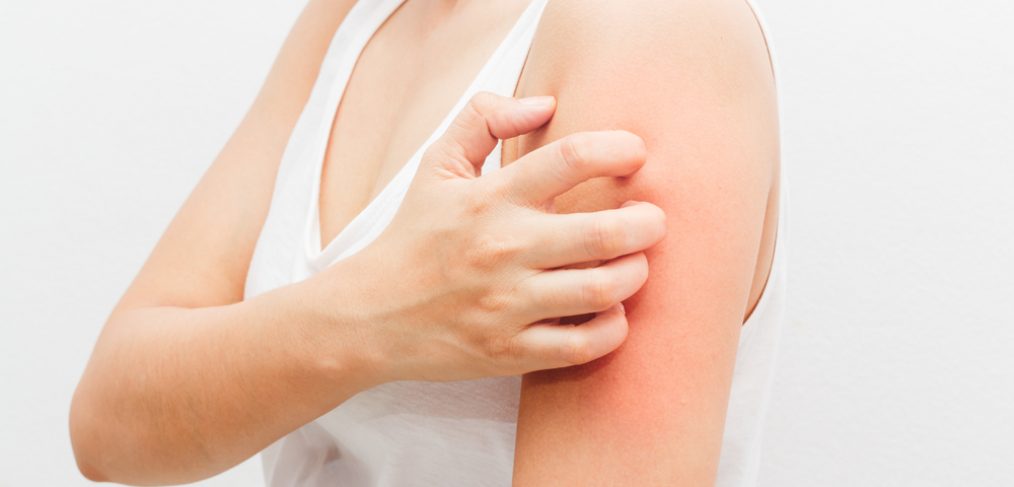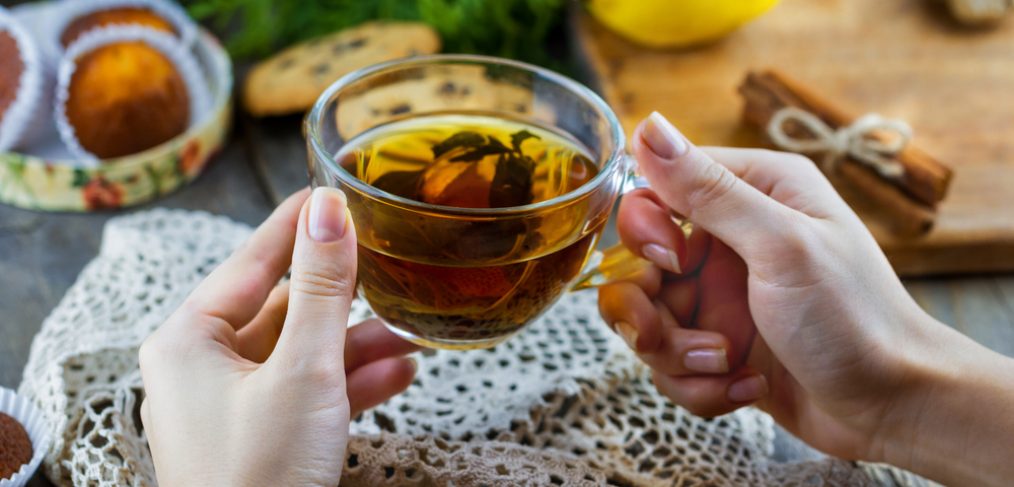“The boss! The baby! The dog! That does it! Calgon! Take me away!” You may remember the classic 1970’s Calgon commercials. A woman comes home, the image of her angry cigar -smoking boss still fresh in her mind, her crying child and barking dog, still taunting her memory. It all melds into a spinning wheel of confusion; the woman throws up her hands in frustration.The scene changes. The same woman in a bath filled with Calgon bath bubbles. The soothing voiceover encouraging her to lose herself in luxury. The stress formerly seen in the woman’s face replaced by a blissful expression. She has found her escape.
For years, bath times have been viewed as a source of stress relief. The warm water, the soothing scent, all calling up a sense of comfort and intense relaxation. Are you more than ready to make your bath time into a tranquil escape from insanity? Here’s all you need to know about perfecting your adult bathing experience.
Set the Mood
You know lighting is a very important part of atmosphere. Ditch those regular wall lights and get experimental. Try some old fashioned candles or tea lights which you can strategically place all around your bathroom; just keep them away from the towels!
Crank Some Tunes
Music is a crucial element when it comes to relaxation, just make sure it’s something you like. You can get sassy with Beyonce or Adele, or go more traditional with some classical movement. If heavy metal is more your thing, just make sure you don’t rock all the water out of your bath!
Snacks
You can’t relax if your hungry and you sure don’t want to leave the bath to search through your kitchen, so make sure to have some of your favorite snacks on hand, just make sure your chips don’t end up floating next to your rubber ducky!
Temperature
The optimal temperature is an absolute must if you want to achieve bath time nirvana. 33.3 degrees celsius is the recommended water temperature; it should not exceed 38.3, which will be too hot and may leave you feeling drowsy.

Red Wine
Red, red wine, it makes you feel so fine. Not only might you want to sip while you soak, but you may want to actually mix the wine with the bath water. It will not only smell great, but it will treat your skin to some beneficial antioxidant action.
Don’t Dehydrate
Just because you’re soaking in water, it doesn’t mean you are safe from dehydration. You might be surprised at the amount of perspiration a body can produce in a hot bath. Have a cool glass of water on hand and it may be useful to keep a flannel and jug of water close by so you can make yourself a cold compress if you start to feel sweaty.
Face Mask
While you’re pampering, why not apply a face mask? It will nourish and cleanse the skin on your face while the bath does the same to the skin on your body.
Self Massage
While your muscles are relaxing, you might as well address the problem spots. You can use a water proof ball resting it against a solid surface, while exerting pressure on it evenly. The water will help to control the degree of intensity you apply.
Bath Oils
The type of bath oils you chose may effect the type of benefits your bath can give. Lavender oil is known to encourage sleep and sandalwood oil can help relieve anxiety. Just add about ten drops when the bath is half full to allow even distribution and a sufficient amount of scent.
Support Your Head
The last thing you want is a stiff neck when you’re trying to relax. Fold up a couple of towel for a makeshift pillow.
How do you like your bathing experience? Do you have some anti-stress tips for us? We’d love to know!















